Russia says Ukraine attacked its infrastructure of gas pipeline to Turkey
Ukrainian forces have targeted the infrastructure of Russia's gas pipeline to Turkey.
Russia’s Defense Ministry said in a statement published on its Telegram channel Monday that a gas compressor station in the village of Gai-Kodzor, near Russia's southern coast on the Black Sea, came under attack.
The attack on Saturday was carried out by the Ukrainian forces using nine drones, it said, adding that Ukraine aimed to "cut off gas supplies to European countries."
"All the drones were shot down," the Defence Ministry said.
"As a result of falling fragments of one drone, a building and equipment of a gas measuring station suffered minor damage," it added, saying there was no disruption to supply and the facility was working as normal.
The facility station that came under attack was part of the TurkStream pipeline that transfers Russian gas to Europe.
The TurkStream pipeline runs from the Russian resort city of Anapa for 930 kilometers under the Black Sea to Kiyikoy in northwestern Turkey, then connects to overground pipelines that run up through the Balkans to Europe.
The facility has been a regular target, heavily attacked by the Ukrainian forces since the war against the Russians started.
The TurkStream pipeline was inaugurated on January 8, 2020, by Russian President Vladimir Putin and his Turkish counterpart Recep Tayyip Erdogan.
Putin has even reportedly suggested to Erdogan to turn Turkey into a global “gas hub” for energy.
His suggestion came following the explosions that stopped the work of the Nord Stream gas pipelines under the Baltic Sea and halted Russia’s direct gas sales to Germany.
Turkey, which has little oil and gas itself, is dependent on imports from Russia, Azerbaijan, and Iran, as well as Qatar, the United States, Nigeria, and Algeria for its energy.
Ankara has also been exploring energy resources in the Mediterranean Sea, where its operations in disputed waters have stoked tensions with Greece and Cyprus.
In related news on Monday, Kremlin spokesman Dmitry Peskov warned that the latest round of US sanctions slapped against the Russian energy sector could potentially destabilize the energy markets across the globe.
On Friday, the outgoing Biden administration imposed wider sanctions on the Russian oil sector targeting producers Gazprom Neft and Surgutneftegaz, as well as 183 tankers used for shipping energy worldwide, mainly to India and China.
Peskov said Moscow would do everything possible to minimize the impact of the US sanctions.
"Such decisions cannot but lead to a certain destabilization of international energy markets, oil markets," Peskov warned.
“It is clear that the United States will continue to try to undermine the positions of our companies in non-competitive ways, but we expect that we will be able to counteract this.
“We will very carefully monitor the consequences and configure the work of our companies in order to minimize the consequences of these ... illegal decisions.”
He said experience showed it is impossible to cut natural supply routes for energy.
“You block something in one place, and an alternative option appears somewhere else. Therefore, a search will be conducted for work options that will minimize the consequences of sanctions,” he said.
The latest round of US sanctions against Russia has prompted Chinese and Indian refiners, which have bought heavily from Russia, to seek alternative supplies of crude oil.
How Los Angeles’ pistachio tycoons facilitated and profited from wildfires
Iraqi PM: Iran was in Syria to fight terrorism; presence requested by Damascus
Hamas: Israel's massacre in Jenin camp won’t break resistance
60 bodies recovered from abandoned South African gold mine: Police
Biden administration ‘quietly’ circumnavigating own ban on TikTok: Report
Iran Navy takes delivery of first advanced ‘signals-intelligence’ destroyer
Italian TV exposes Israeli manipulation of EU institutions
UK anti-corruption minister Siddiq resigns over links to Bangladesh ‘embezzlement probe’


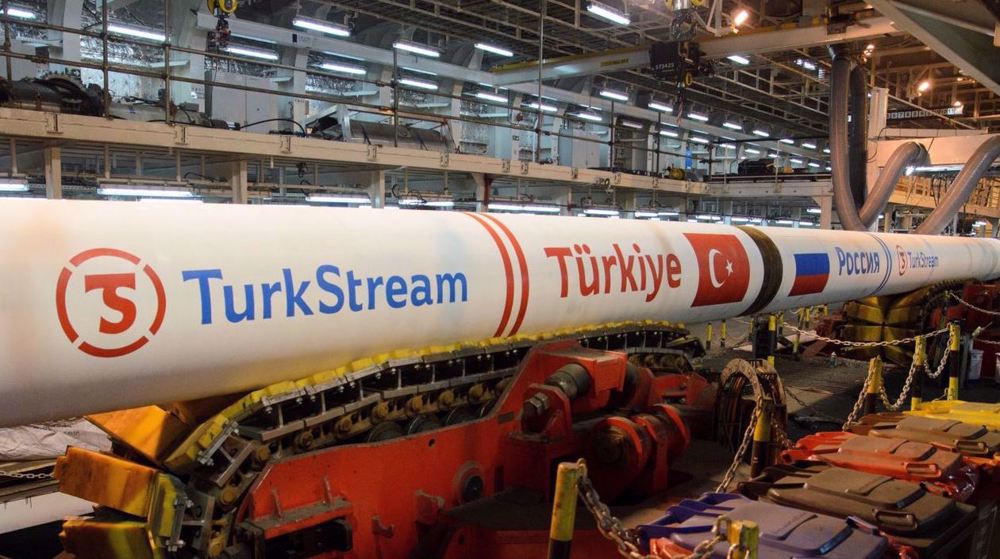
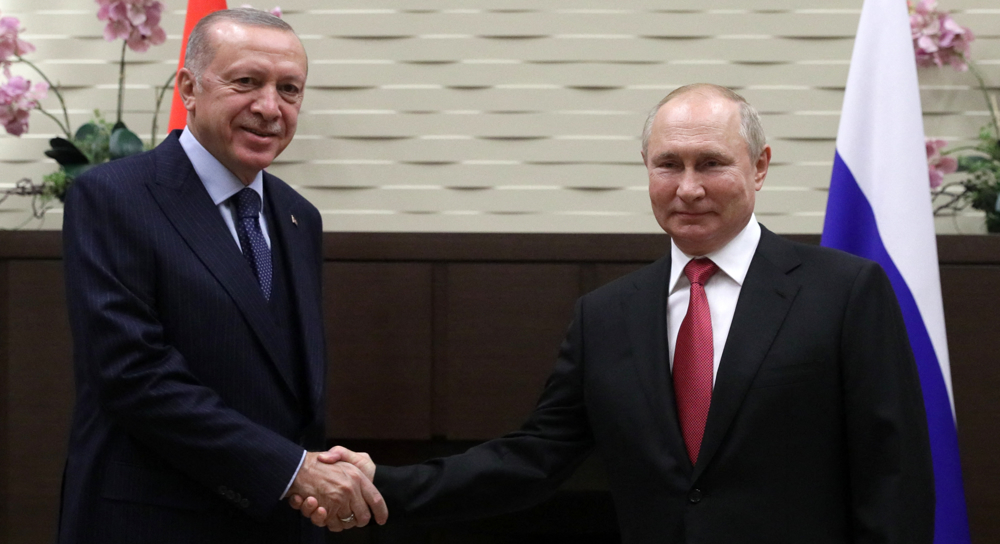

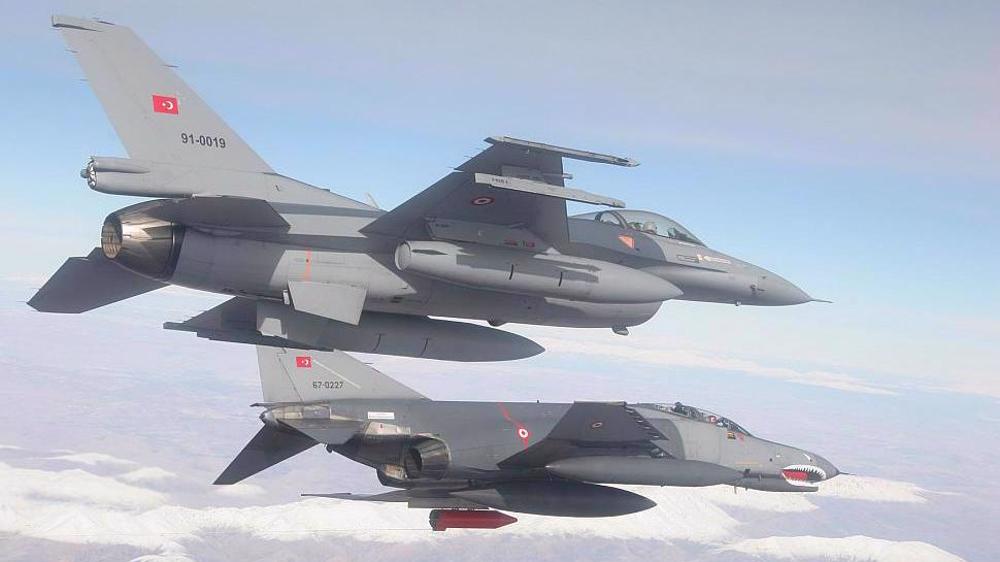
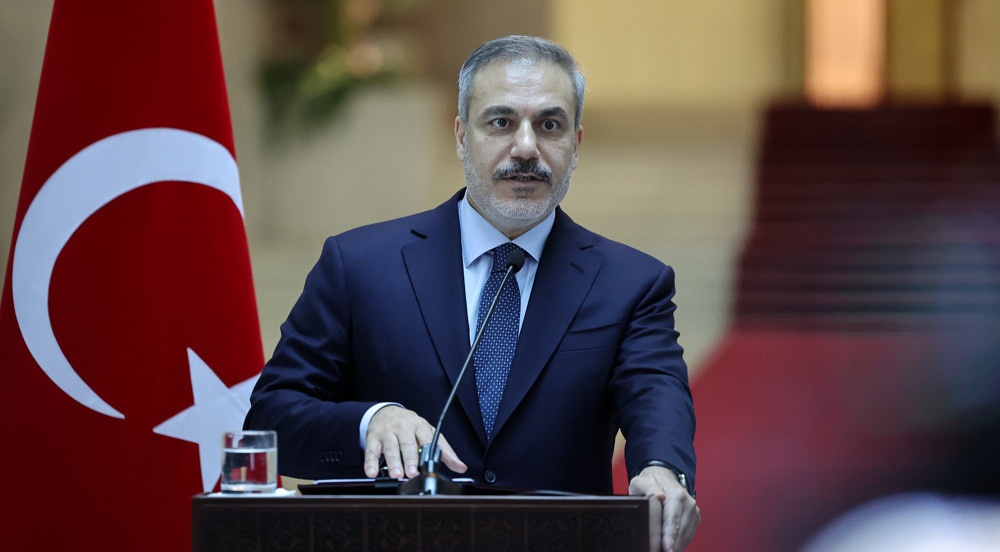



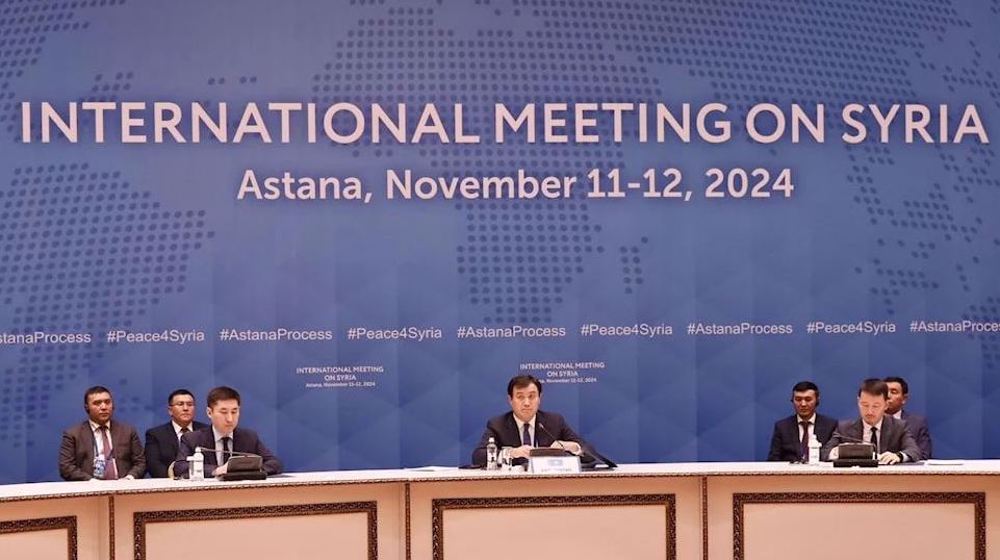
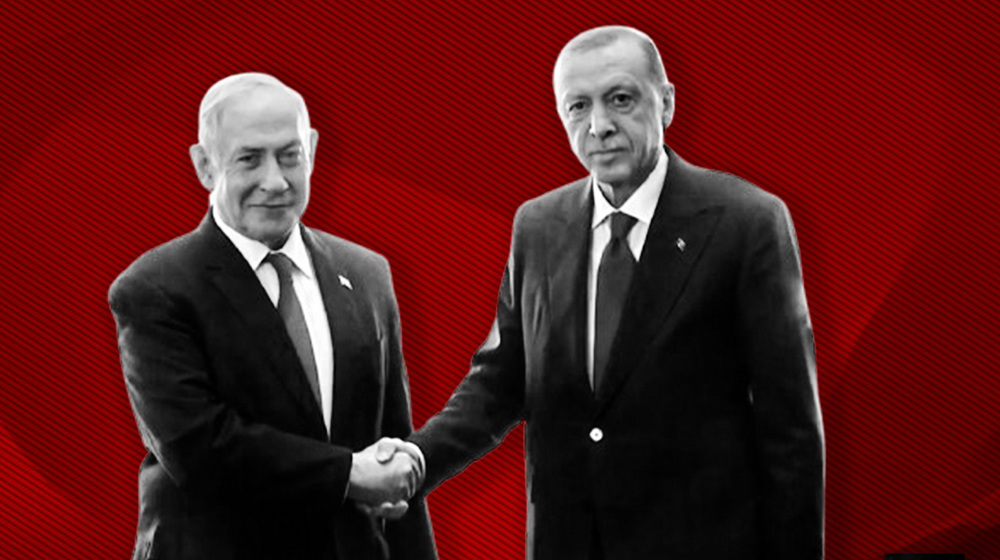

 This makes it easy to access the Press TV website
This makes it easy to access the Press TV website